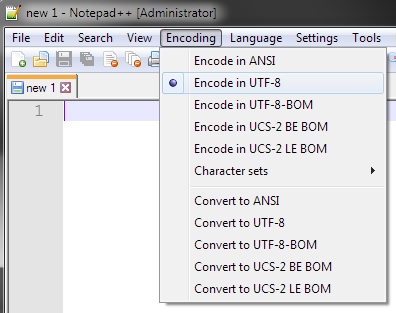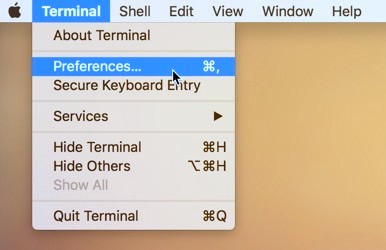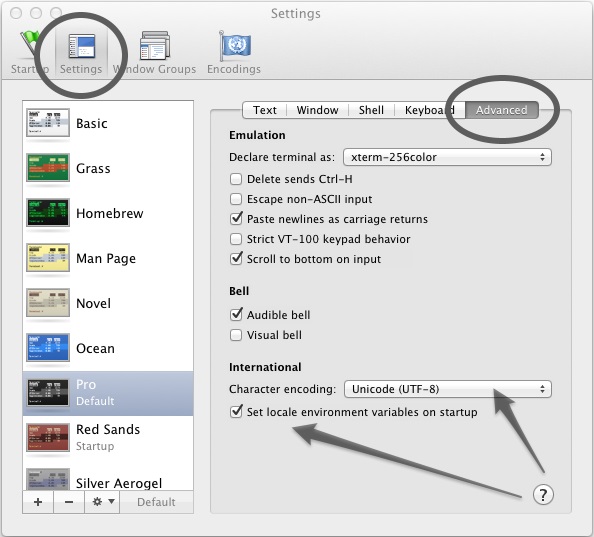|banner|
A fun line-based text animation for all your trash disposal needs! Written in Python, this module has full Unicode and emoji support. It can be accessed from the command line directly or used as part of your scripts (i.e., chatbot plugin, loading animations, website widget, etc.)
Contents
pip install trashguyOr if cloning from repo:
git clone https://github.com/trash-guy/TrashGuy.git
python setup.py install| Input Arguments | Accepts | Description | Default Value |
| trash_items | Tuple[str, ...] | The item(s) for throwing away 1 character at a time | N/a |
| glyph_can | String | The emoji/string to be used as the trash can | Symbols.GLYPH_CAN |
| glyph_left | String | The string to be used for the left-facing guy | Symbols.GLYPH_LEFT |
| glyph_right | String | The string to be used for the right-facing guy | Symbols.GLYPH_RIGHT |
| spacer | String | The character/string to be used for spacing the canvas | Symbols.SPACER_DEFAULT |
Constants from the Symbols class are meant to be used as shortcuts to commonly used strings and symbols. Additionally, they are also used as default values for the input arguments as shown above. However, they are not required for the correct functioning of the animation and can be substituted with custom values of the indicated type. Please note there may be unintended results when using custom values.
| Symbols | Type | Value | Rendered As |
| SPACER_DEFAULT | String | "\u0020" | " " |
| SPACER_WIDE | String | "\u2800\u0020" | "⠀ " |
| SPACER_EMOJI | String | "\u2796" | "➖" |
| GLYPH_CAN | String | "\U0001F5D1" | "🗑" |
| GLYPH_LEFT | String | "<(^_^ <)" | |
| GLYPH_RIGHT | String | "(> ^_^)>" |
Command line:
python -m trashguy A B CPython module:
from trashguy import TrashGuy
print(TrashGuy('ABC'))
print(TrashGuy(['📂', '📊', '✉️']))Python module as iterator:
from trashguy import TrashGuy
animation = TrashGuy('ABC')
for frame in animation:
print(frame)Telegram user-bot plugin:
from trashguy import TrashGuy, Symbols
import asyncio
# {client and handler code omitted}
user_input = event.message.text # input from a given message
animation = TrashGuy(user_input,
spacer=Symbols.SPACER_WIDE) # use wide spacer for better viewing
for frame in animation:
asyncio.sleep(0.4) # external library for sleeping between frames
wrapped = f'`{frame}`' # Wrap in backticks for monocode font
await event.edit(wrapped) # plays back the animation frame by frame in real timeSetting custom symbols with keyword arguments and printing as a newline-joined string:
from trashguy import TrashGuy, Symbols
import asyncio
# {client and handler code omitted}
user_input = event.message.text # input from a given message
animation = TrashGuy(user_input,
glyph_can='\u2A06',
glyph_left='<(-.- <)',
glyph_right='(> -.-)>',
spacer=Symbols.SPACER_EMOJI)
# outputs entire animation with each frame separated by newline with pre-formatted code block markdown
await event.reply(f'```{animation}```')Using HTML formatting:
from trashguy import TrashGuy, Symbols
import asyncio
# {client and handler code omitted}
user_input = event.message.text # input from a given message
animation = TrashGuy(user_input)
for frame in animation:
asyncio.sleep(0.4)
await event.edit(f'<code>{frame}</code>')The environment setup steps are separated into three sections, the Text Editor, the Python Platform and the Operating System. Please follow the instructions for each part of the three sections that applies to you in the given order of setup.
- Open the vimrc file:
vim ~/.vimrc- Add these lines to the file if they don't exist:
set encoding=utf-8 " The encoding displayed.
set fileencoding=utf-8 " The encoding written to file- Save and close:
:wqYou can force Emacs to read a file in a specific encoding with C-x RET c C-x C-f. If you opened a file and EMACS determined the encoding incorrectly, you can use M-x revert-buffer-with-coding-system, to reload the file with a named encoding.
You can change the encoding to use for the file when saving using C-x C-m f. You can also force this immediately by using C-x C-m c utf-8 RET C-x C-w RET. You can list all available encodings with M-x list-coding-systems.
You can also mark the entire file with C-x h and then try M-x recode-region. It will ask you for Text was really in and But was interpreted as.
You may set the character encoding in Notepad++ as shown in the below image:
If doing so still does not display the file correctly, try selecting Convert to UTF-8 and then save the file.
If that still fails also, try selecting Convert to UTF-8-BOM instead, and save the file.
The TrashGuy™ Animation module was written in Python 3.7.8.
Backwards compatibility has not yet been tested.
To get your current python version type into the terminal:
python -c "import sys;print(sys.version)"If the command fails to execute, it's possible that no python installation exists. In that case, please follow this guide.
Check the output of this command, it should say utf-8.
python -c "import sys;print(sys.stdout.encoding)"If it returns any other value, try to set the default encoding with one of the following platform specific methods:
Type this command to see your current locale settings:
localeIn the output of the command, check the variable LC_ALL= to see if it contains UTF-8.
If it does not, try setting it by using the following commands:
locale-gen en_US.UTF-8
export LANG=en_US.UTF-8 LANGUAGE=en_US.en LC_ALL=en_US.UTF-8Type the locale command again to confirm that LC_ALL=en_US.UTF-8 has been set.
To confirm that the default encoding has been successfully set, use the code in the snippet here.
The Android platform default is always UTF-8, however, if the code file does not display correctly, it may have been corrupted. Try re-downloading it and try again. If that does not solve the problem, refer to the help documentation of the specific application/terminal emulator you are using with regards default encoding.
Navigate to Terminal -> Preferences from Terminal’s menu bar.
In the Preferences window select the Settings -> Advanced tab.
Then, under the Character encoding drop-down box, select Unicode (UTF-8) and tick the box Set locale environment variables on startup.
To confirm that the default encoding has been successfully set, use the code in the snippet here.
Go to Start -> Edit environment variables for your account or
Start -> Edit the system environment variables -> Environment Variables...
From the System variables section, click on New..
Under the Variable name: type in PYTHONIOENCODING
Under the Variable value: type in utf-8
To confirm that the default encoding has been successfully set, use the code in the snippet here.
⭐️ Star the repository and share with your friends! ⭐️
If you rewrite this software in a different programming language or create a derivative work, please be kind and include this notice and the below credit along with the license:
This work is based on the original TrashGuy™ Animation (https://github.com/trash-guy/TrashGuy) written by Zac (trashguy@zac.cy).
Feel free to donate so we can get some marshmallows 😁
| Donation Method | Details |
| Amazon | 💳 Donate a Gift Card! (Currently only accepting Amazon.de Gift Cards in Euros) Click on Email and send to z_donate@protonmail.ch Or, click on Share via messaging and send to https://t.me/Zacci |
| Bitcoin | 12Na1AmuGMCQYsxwM7ZLSr1sgfZacZFYxa ( it has 'Zac' in it :D ) |
Special thanks to all the folks down on Telegram for their help and support (and patience) - you know who you are!! >_>
TrashGuy™ is an unregistered trademark of Zac (trashguy@zac.cy) protected under the provisions of Common Law and may not be used in the identification of sufficiently similar projects with regard the field of trade where these would cause confusion or damage the trademark of the unregistered trademark owner. All text and images are including the TrashGuy™ (TG) logo are © Zac (trashguy@zac.cy) unless otherwise indicated.
















